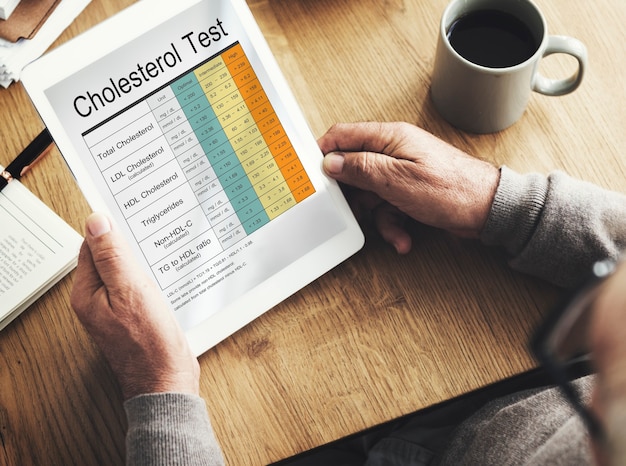
An inguinal hernia is a noticeable bulge in the groin area that can be quite challenging to live with. It can make ordinary tasks like walking, sitting, or moving around uncomfortable and even painful. However, not all hernias cause pain or discomfort—it largely depends on their size, location, and how they form. These occur when tissue pushes through a weak spot in the abdominal muscle wall, and while they can develop in various ways, treating them is a routine procedure for most doctors.
Hernias are fairly common and can happen to anyone, especially men, who are more prone due to factors like physical exertion or congenital weaknesses in the abdominal wall. Pushing your body too hard, either physically or without giving yourself enough time to heal after an injury, can increase the risk of developing an inguinal hernia.
### Causes of Inguinal Hernias
Several factors can contribute to the formation of an inguinal hernia. Whether due to genetics, injury, or certain physical activities, these hernias are seen more often in men, with one in four experiencing them at some point, compared to around three percent of women. Here are some common causes:
1. **Weak Abdominal Wall:**
This weakness can be something you’re born with due to the muscle wall not fully closing during development. It can also occur later in life due to injury, past surgeries, or age. In these cases, even regular activities or light strain may result in an inguinal hernia.
2. **Straining in the Bathroom:**
Excessive pushing during bowel movements or urination can lead to a hernia. Overexerting yourself during these routine activities is more harmful than you might think.
3. **Physical Activities:**
Certain actions, especially those involving heavy lifting or intense movement, can trigger a hernia—particularly if the abdominal muscles are already weak. Activities like lifting heavy objects, exercising, sneezing, coughing, gaining significant weight, or even pregnancy can all put extra pressure on your abdominal wall.
### Preventing Inguinal Hernias
Thankfully, you can take steps to reduce your risk of developing an inguinal hernia while still maintaining a healthy lifestyle. Some practical tips include:
– Engaging in regular, moderate exercise to strengthen your core.
– Maintaining a healthy weight.
– Using proper lifting techniques, like asking for help with heavy objects.
– Avoiding overexertion during bowel movements—eat a balanced diet to keep things regular.
– Not pushing yourself too hard during physical activities.
### Symptoms of Inguinal Hernias
Inguinal hernias usually present some clear symptoms, making them relatively easy to identify. The most common sign is a visible bulge in the abdominal or groin area. For men, this often occurs near the scrotum, while for women, it can happen near the ligament that helps hold the uterus in place. Other symptoms include:
1. **The Bulge:**
This protrusion is the most obvious sign. It can vary in size from small, like a marble, to several inches across the abdominal wall. In some cases, lying down may reduce the bulge.
2. **Pain or Burning Sensation:**
Hernias don’t always cause pain, but when they do, it can feel like a general ache or a burning sensation, depending on the affected area or the tissue involved.
3. **Nausea and Vomiting:**
If your intestines get trapped in the hernia, you might experience nausea or vomiting. This is a serious condition that requires immediate medical attention to prevent further complications.
### Treatment for Inguinal Hernias
The only effective treatment for an inguinal hernia is surgery. However, not all hernias require immediate intervention. If the hernia is small and isn’t interfering with your daily life, your doctor might recommend monitoring it instead of rushing into surgery. On the other hand, hernias that worsen, cause pain, or show signs of complications should be treated as soon as possible.
Surgical options vary, but the procedure is generally straightforward for experienced doctors. While hernias are not life-threatening, delaying treatment can allow complications to develop, such as the potential strangulation of the intestinal tract. This condition can result in serious health problems.
Though most surgeries have high success rates, there’s a risk of post-surgery complications like chronic pain. Some patients have even taken legal action following issues with hernia mesh implants years after their procedures. That said, most doctors are well-versed in treating hernias, so if you suspect you have one, it’s best to consult a medical professional. They can provide personalized advice, assess the severity of the hernia, and help you decide on the best course of action. In some cases, you might even be able to postpone surgery if symptoms are manageable and not worsening.